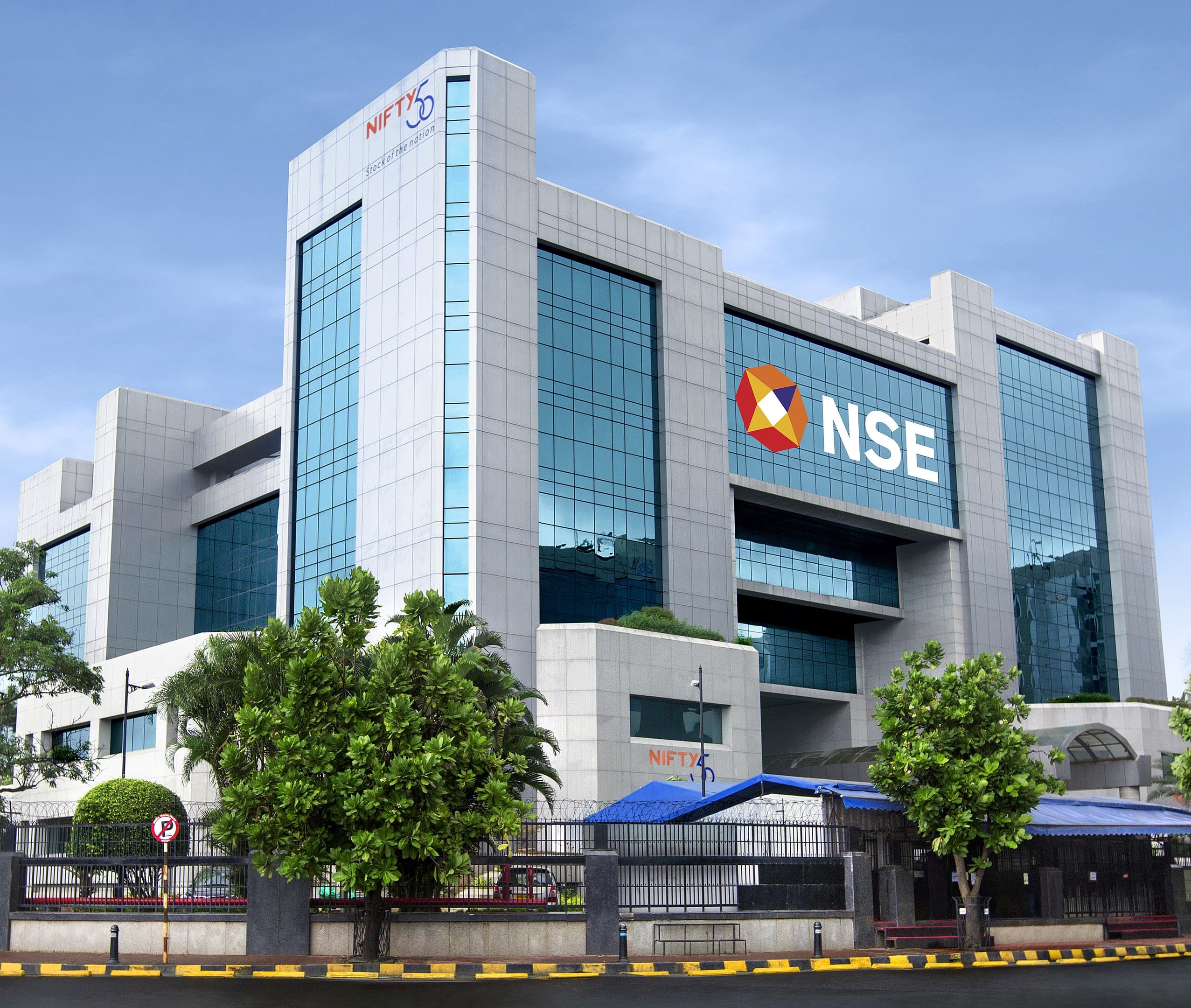 BBC News
BBC NewsBorrowing was £17.4bn last month, the second highest October figure since monthly records began in 1993.

Dinesh Dhamija
From just $17 million raised by Indian IPOs in January 2023, this year they totalled $678 million – a 40-fold increase – according to a report in the Financial Times.
A further 66 companies are expected to list in the coming months, as India’s Sensex stock index rose 20 per cent in the past 12 months and both domestic and international investors remain hungry for more. Standout companies proposing to list include Ola Electric and fintech group MobiKwik.
What accounts for this huge increase? It’s partly the ongoing transfer from Chinese markets, as political tensions have risen, and a series of Chinese stocks have crashed – notably the property giant Evergrande. It’s partly a new approach among Indian businesses, to welcome outside investment and to recognise the advantages of listings. But it’s also the mood of growth and possibility in the Indian economy more generally.
On 1 February, the government announced a new infrastructure investment programme totalling $134 billion to improve India’s railways, airports and road networks, up by 11 per cent on previous spending. Finance minister Nirmala Sitharaman said that the decision would “have a large multiplier impact on growth and investment.”
This ability to trade more efficiently and quickly, through better transport links, is bound to have a knock-on effect on the wider business environment.
India’s newfound love of mobile transactions has turned a new generation into potential stock investors, widening participation in the equity markets to 140 million trading accounts. And the sustained repetition of positive economic news about India has woken international fund managers to the country’s potential. Foreign investors bought $20 billion worth of Indian stocks in 2023, versus $8 billion worth of Chinese stocks. The economy as a whole is expected to grow by 7 per cent this year.
Not everything is rosy. Fintech start-up Paytm, which listed with great fanfare in 2021, has struggled recently after the Reserve Bank of India forbade it from taking deposits and offering banking services. Its shares now trade at 70 per cent below the IPO price. Some experts fear that some Indian stocks are overvalued, after months of bullish markets.
Doubtless there will be fluctuations and some IPOs will under-perform, but that’s true wherever you go.
The longer-term story is that India is becoming an investable location, and its companies are rapidly learning what it means to operate in the global financial system. The outlook is overwhelmingly positive.
Dinesh Dhamija founded, built and sold online travel agency ebookers, before serving as a Member of the European Parliament. His latest book, The Indian Century, is published in February.